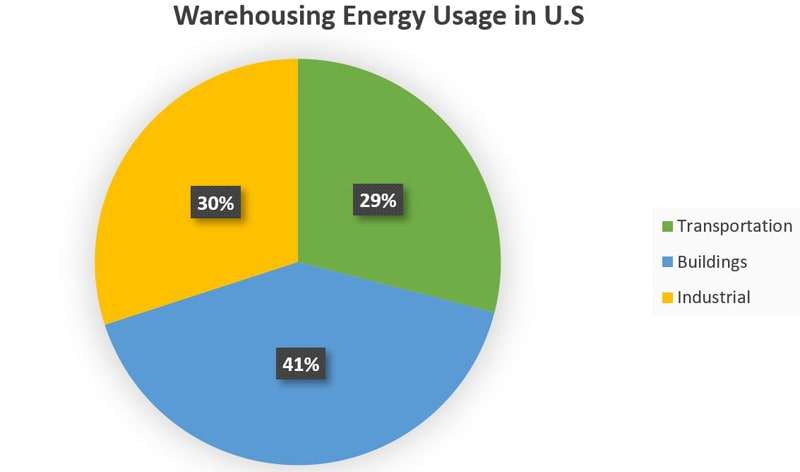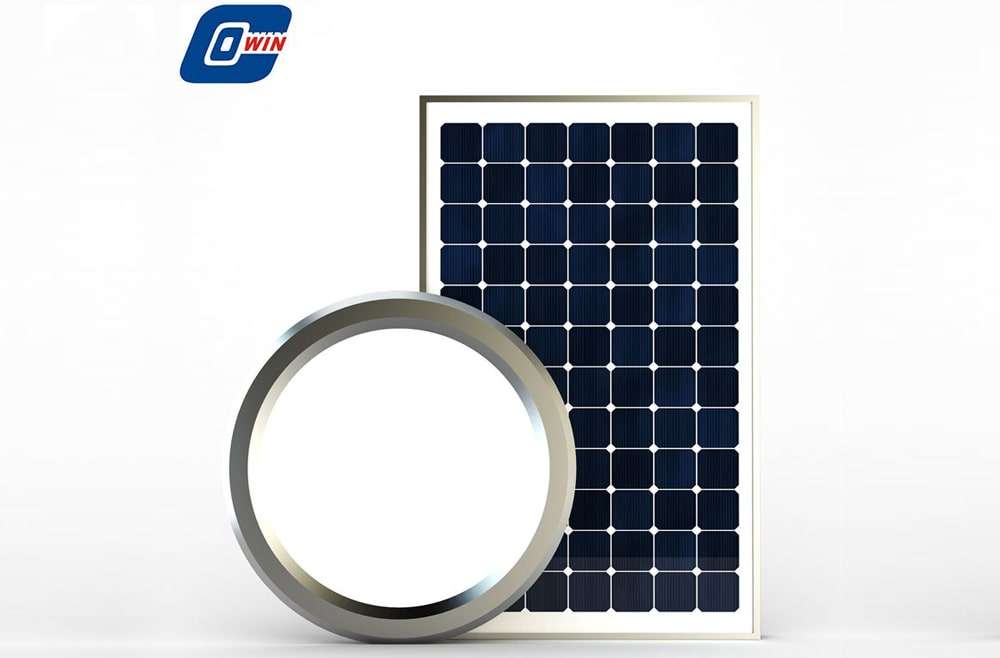
Now that the world has entered the year 2021, challenges for a business to stay sustainable have grown far beyond just green warehousing. The supply chain management has increasingly chosen a switch to sustainable alternatives over conventional processes. While implementing green warehouse needs strategic planning and investigation, it is not the only deciding factor for attracting better proposals.
The first thought over the most discussed ‘sustainable business’ practising images brings back glimpse of energy efficient equipment, cleaner chimneys, clear effluents and electric cars for transportation. However, the concept protracts much farther than green warehousing spaces and fuel-saving vehicles in today’s wake. For instance, the fashion retail sector is still dominated by the much criticised fast-fashion.
Admitting the importance of espousing green practices in supply chain management for survival of a brand, retailers and manufacturers strive to invest in advanced machinery and technology for reduced gaseous emissions and ‘green’ packaging. According to Arthur Barrett and Tim Barrett , founders of a family run warehousing company , Barrett Distribution Centers , “There’s a difference between productivity and production. The customer doesn’t always care about how many units per hour, but they do care that I finish the job today.” The company emphasises on clean fuel and low water consumption as important parts of a sustainable business.
According to Renne Malone , VP of Global Sustainability at VF Corporation , “Customers and investors need facilities with sustainable features”; not only that, an increased number of countries and trade zones offer tax relaxations for greener firms.
Also Read : Risk Management Report of CIEL Group unveils developments in its textile subsidiary in 2020

The major features that are observed to shape a green warehouse are as listed below:
Low-energy lighting : While many industries have already switched to modern LED lightings that are generous on the pocket, as well as use less electricity, many of the manufacturing companies are still working on embracing eco-friendly lighting entirely. Latest trends cannot deny prevalence of solar powered lights which save costs after an initial set-up.

Automation and fuel optimisation:
A creation by Ocado, a British e-commerce retailer, the hive-grid-machine is a perfect solution to highly automated designs used in the warehouses today. The machine provides an operation so advanced that can process over 3.5 million products, equivalent to 65,000 orders in a week. The robots used make the work much more fuel efficient, and discharge least wastage.
Ocado’s Chief Technology Officer , Paul Clark expressed that only one robot of Ocado does the ‘designing’, ‘evolving’ and ‘manufacturing’, “And that leads to economies of scale, because we’ve reduced all that mechanistic diversity down to one common component,” he added.
Energy management : Better energy management strategies involve least manpower and utilise least power units. An integrated system includes thermostatic regulation, inbuilt timers and gauges that reduce wastage of energy in the form of water, heat or gaseous emissions.
Although green warehousing is gaining huge appreciation for its latest initiatives towards sustainably conscious upgradations, it is not the only aspect of going ecological. Here are some other stages of a clean supply chain that are being worked upon and need equal consideration:
Promoting green logistics
Green Warehousing has evolved as a catchy phrasal verb for export houses and corporate businesses lately. For a moment, if we keep the faulty of differences between transportation and logistics aside, we can focus better on the environmental impacts of conventional logistics on environment.
To rightly address the issue, let’s classify the idea into: Individual level, Business Level and Corporate Policy level. Each tier is interdependent and aims to meet the bottom line of fuel efficiency, merchandise load management and time saving techniques. Retailers have been focusing on ‘green shipping’ across the globe, specially caught up by the Western world. UPS announced its investment in about 200 new ‘hybrid’ vehicles, basically the electric trucks applying mini vehicles which emit least gases and carbon footprints. Battery-run electric trucks, or side loaders, do not need oil or fossil fuels and are hence safer as well as eco-friendly alternatives to other transport media.
Renewable energy outlets and franchising
Buyers and retailers today look for criterion fulfilled by organisations to check whether the franchise would benefit their goals, interests and future endeavours. A positive ecological impact is one that is of topmost desirability on the checklist, as the renewable alternative energy sources are gaining popularity amongst franchise businesses.
An extent of renewable energy popularisation can be estimated from the fact that US alone depends on solar powerhouses and windmills for more than 35 per cent of its energy requirements. Not only is the environmental impact a good reason for sustainable franchising, but its role in generating larger share of profits is equally lucrative.
The organic fashion revolution has given rise to retail opportunities with low energy consuming franchising. Even the most blamed retailers and brands like Zara have been washing their brand name with sustainable collaborations, claiming to revolve their priorities.
Catering to a highly close customer-to-designer interface, Zara’s design team has reacted to the changing business policies, as an instinctive response to reviews and concerns received at the desk. The brand inaugurated its collaboration with Inditex, and has already announced opening of eco-stores and its latest collections, as instances of the retailer’s concern and ‘unwavering’ dedication to sustainability, with a target of 93 per cent of its store footprints. The eco-stores claim to have consumed 40 per cent less water and 20 per cent less electricity, according to Inditex.
Manufacturing practices
At present, the most established manufacturing houses and organisations are accepting the role of environmental conscience for a long-term success. From meeting compliance standards appropriate in the eyes of buyers, to corporate social responsibility goals, espousing more ‘green’ practices is a must for better product marketing, ensuring sale output and saving export deficits.
The leading retailer , Amazon India has recently promulgated the adoption of recyclable plastics for packaging and product manufacturing, along with commitment to totally eradicate usage of one-time use and throw plastics. Instead, the innovative cushions and paddings made from paper and bubble wrapping will be seen in the new packaging, the company advocated in its sustainable approach for manufacturers in its newest release. On the mission to accomplish its green goals, Amazon’s founder Jeff Bezos’ remarks were heard as “Used well, our scale enables us to build services for customers that we could otherwise never even contemplate.”

Post a Comment